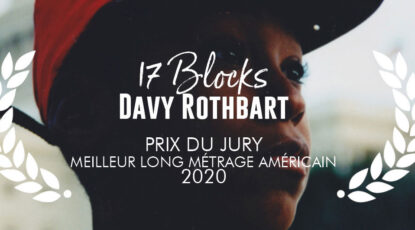Education & Society
-
Polio vaccine milestone: Podcast marks 70th anniversary of historic announcement at U-M
In today’s challenging era for vaccines, the U-M School of Public Health hosted a podcast taping April 11 in recognition of Dr. Thomas Francis Jr.’s announcement that the polio vaccine was safe and effective. U-M epidemiologist Matthew Boulton and Michigan’s chief medical executive Natasha Bagdasarian discuss vaccines, then and now.
-
Navigating the fear of DeepSeek and China’s technological advancements
In recent years, China’s technological advancements have captured the world’s attention, with DeepSeek — a Chinese AI model — emerging as a focal point of both admiration and anxiety. This duality reflects a deeper tension in how the U.S. perceives technological progress from China, revealing complex layers of fear, competition, and reflection.
-
U-M federal research funding fuels innovation, economic growth
Research universities are not only engines of discovery — they’re also engines of economic vitality. Every federal dollar invested in U-M research generates ripple effects across the country, creating jobs, supporting businesses, and preparing the skilled workforce the nation needs to stay competitive.
-
Federal budget cuts and worker safety
Cuts to the National Institute for Occupational Safety and Health has workplace safety experts such as U-M’s Richard Neitzel concerned that “without this research, more Americans will suffer preventable injuries and illnesses, businesses will face higher costs, and families will lose loved ones to workplace accidents that could have been prevented.”
-
If you know, you know. Or do you?
People who lack expertise often lack the expertise to know just how much expertise they lack, says U-M psychologist David Dunning. Even AI suffers the effect. While ChatGPT is designed to provide an answer, it is unable to figure out whether it’s the right answer, he says.
-
Michigan Law’s Leah Litman on SCOTUS and the rise of the ‘new substantive due process’
Substantive due process is the idea that the Constitution protects certain rights not explicitly or specifically mentioned in its text, but which are a component of the liberty that is protected by the due process clause. In addition to abortion, it has been applied to things like criminalizing contraception or intimate relationships between adults.
-
U-M takes proactive measures related to federal funding
The University is instituting new requirements to reduce spending as a “buffer against negative, long-term impacts on operations” stemming from federal funding cuts. The requirements involve hiring, budgets, and spending and are effective immediately.
-
Enduring Spirit: When family history is national history
Many histories have been written about the Cherokee nation. But “Cherokee History and the Spirit Family” by environmental lawyer James Barnes, J.D. ’70, delivers the nation’s history by way of his own expansive family network. ‘It’s personal in that sense,’ he says. And it’s powerful.
-
Filmmaker Davy Rothbart brings “17 Blocks” to the Michigan Theater
The award-winning RC graduate and Ann Arbor native followed one Washington, D.C., family for 20 years, producing a rare document of enduring love, hope, and resilience amid gun violence and economic hardship.









